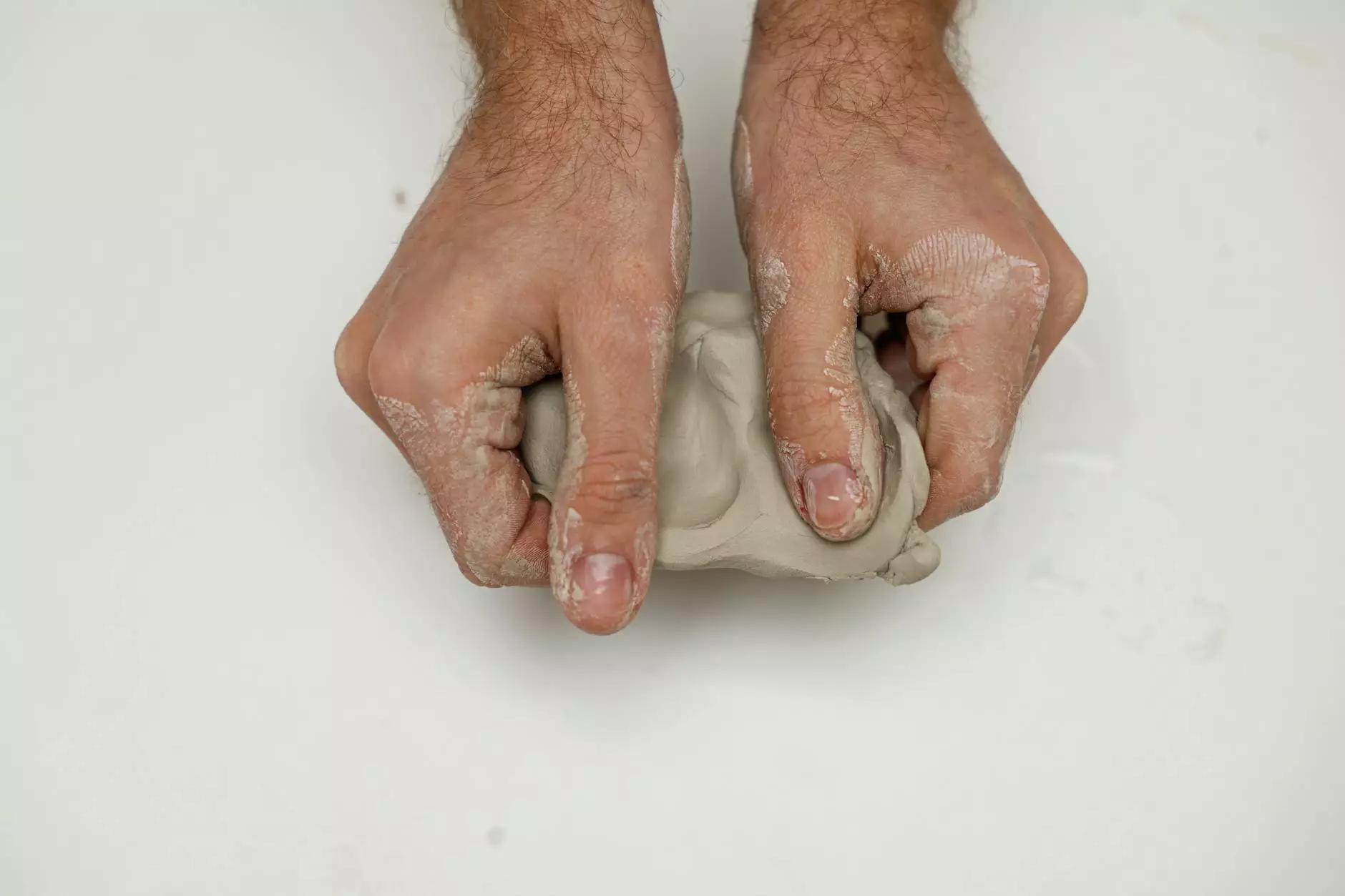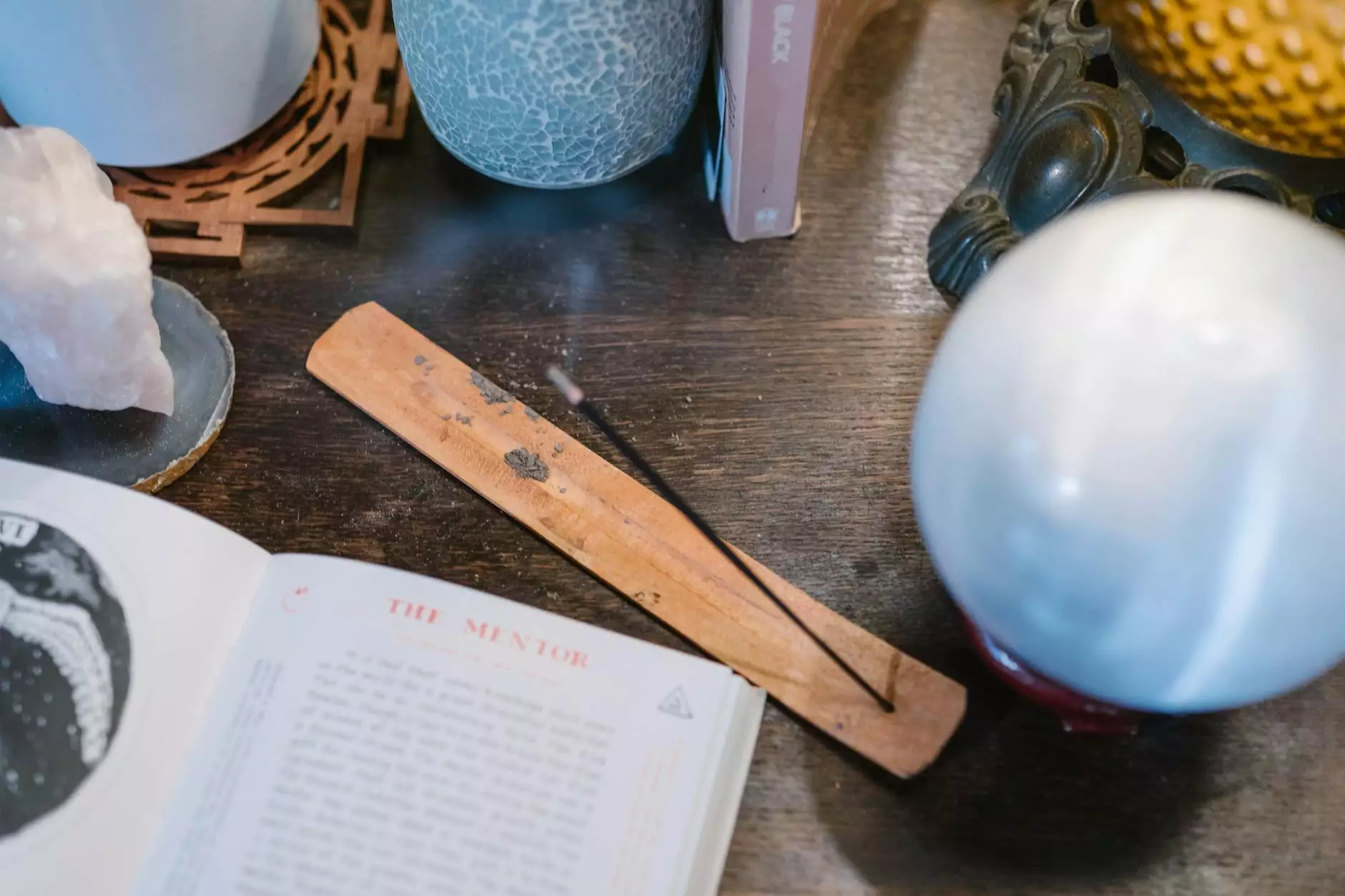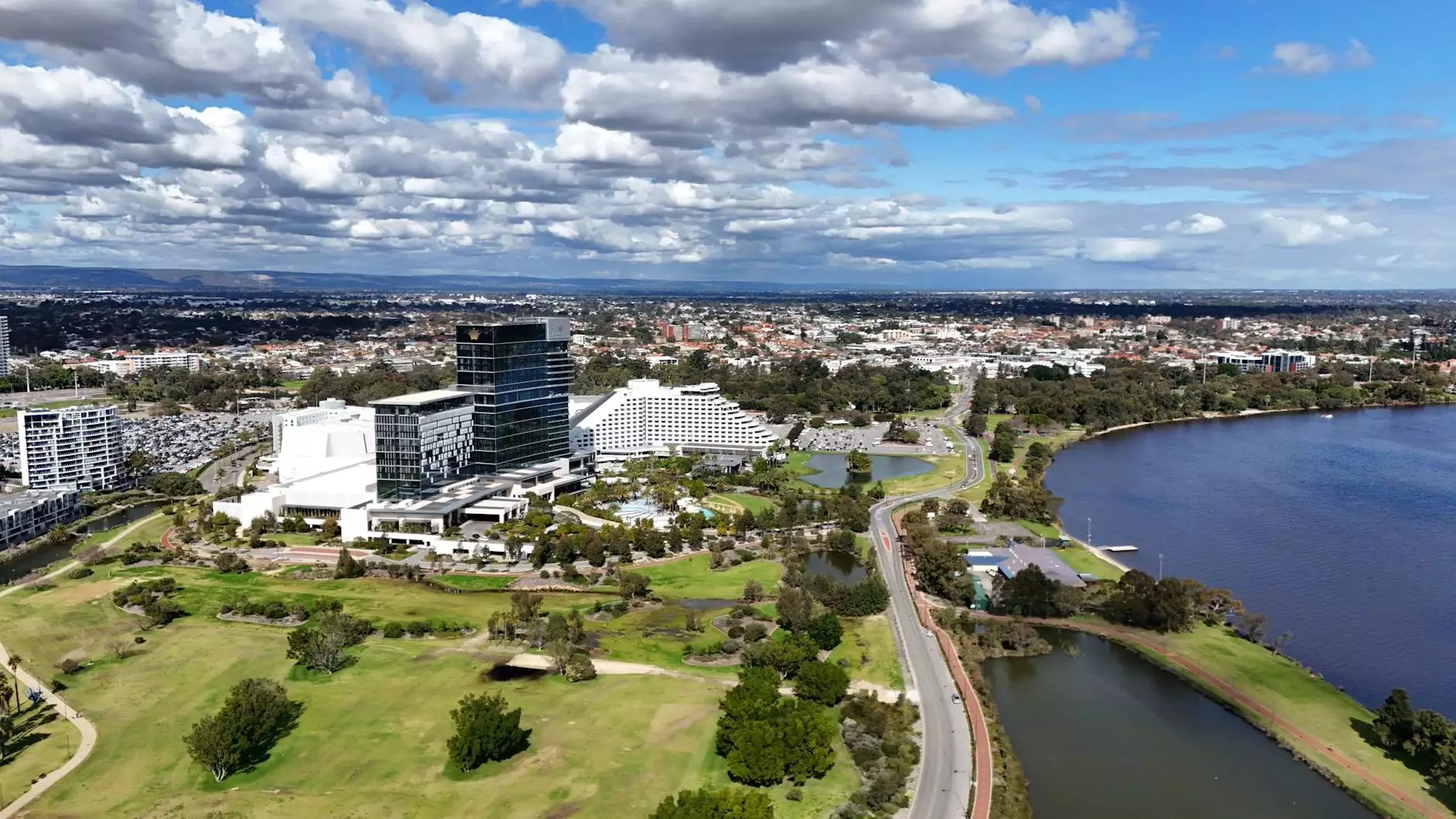Buying Fake Money: A Comprehensive Overview

In today’s intricate economic landscape, the concept of buying fake money may sound controversial and highly debated. This article aims to demystify the various angles surrounding this topic, dive deep into its implications, and explore its ties to the health and medical fields, particularly in cases relating to pharmacy transactions.
The Nature of Fake Money
Fake money refers to currency that is designed to resemble legal tender but is produced without the intent to use it as actual currency. More formally, this is often related to counterfeit bills. Understanding the legalities, uses, and the impact of fake money can shed light on numerous economic, social, and technological issues.
Legal Implications of Buying Fake Money
The act of buying fake money, particularly counterfeit currency, is illegal in most jurisdictions globally. The ramifications can include severe penalties, such as imprisonment and substantial fines. The justice system has stringent measures to combat counterfeiting due to its significant negative impact on the economy.
It's crucial to differentiate between actual counterfeit currency and items that are designed for novelty purposes. Some businesses produce realistic-looking currency for purposes such as filming, theater productions, and gaming. These products are legally permissible as long as they are explicitly marked as non-legal tender.
Uses and Industries Related to Fake Money
Despite its negative connotations, fake money has various uses in different industries:
- Film and Entertainment: Fake money is often used in movies and television shows to avoid using real currencies on set.
- Gaming: Board games and role-playing games frequently employ realistic “money” to enhance the experience.
- Training and Education: Financial institutions and police forces may use fake currency for training purposes, helping staff recognize counterfeit bills.
The Link Between Buying Fake Money and the Health Sector
At first glance, there doesn’t seem to be a connection between buying fake money and the health or pharmaceutical sectors. However, the reality is quite nuanced. In regions where healthcare is inadequate, scams involving fake currencies can impact patients’ ability to afford medical care or medications.
Pharmaceutical fraud, including the use of counterfeit medications, can intersect with issues of fake money. Patients paying for drugs that are not genuine may face dire health consequences. Hence, understanding the implications of fake money can indirectly inform strategies to combat counterfeit pharmaceuticals.
Understanding Counterfeit Pharmaceuticals
Counterfeit medications are a significant concern globally. They may appear legitimate but can be ineffective or harmful. Organizations like the World Health Organization (WHO) actively work to combat this issue, promoting policies that ensure the authenticity of medicines.
Why Counterfeit Pharmaceuticals are Dangerous
The dangers of counterfeit pharmaceuticals extend beyond mere financial loss. They can lead to:
- Health Risks: Ineffective treatments can result in disease progression or adverse effects.
- Economic Impact: Fraud can destabilize healthcare systems, undermining public trust.
- Legal Consequences: Distribution of counterfeit drugs carries grave legal implications for sellers and distributors.
Tips for Consumers to Avoid Fraud
When navigating the complex world of healthcare and pharmacy transactions, consumers need to remain vigilant. Here are several strategies to avoid falling victim to fraud:
- Purchase Medications from Licensed Pharmacies: Always opt for accredited and reputable pharmacies. Verify their credentials if necessary.
- Check Packaging: Authentic medications will have consistent and professional packaging, including safety seals and barcodes.
- Research Products: Look for reviews and feedback about a pharmacy or product before making a purchase.
Conclusion
While the notion of buying fake money raises eyebrows, it is essential to approach the topic with a nuanced understanding. Fake money, while illegal when counterfeited, has legitimate uses within the film and gaming industries. Moreover, the shadow of counterfeit money also casts a long glare on the pharmaceutical sector, where understanding the value of genuine products is paramount.
By educating oneself and the community about the risks associated with fake money and counterfeit medications, it is possible to foster a healthier society that values both economic integrity and personal safety. It is vital to remain informed, cautious, and proactive in all financial and health-related decisions.









